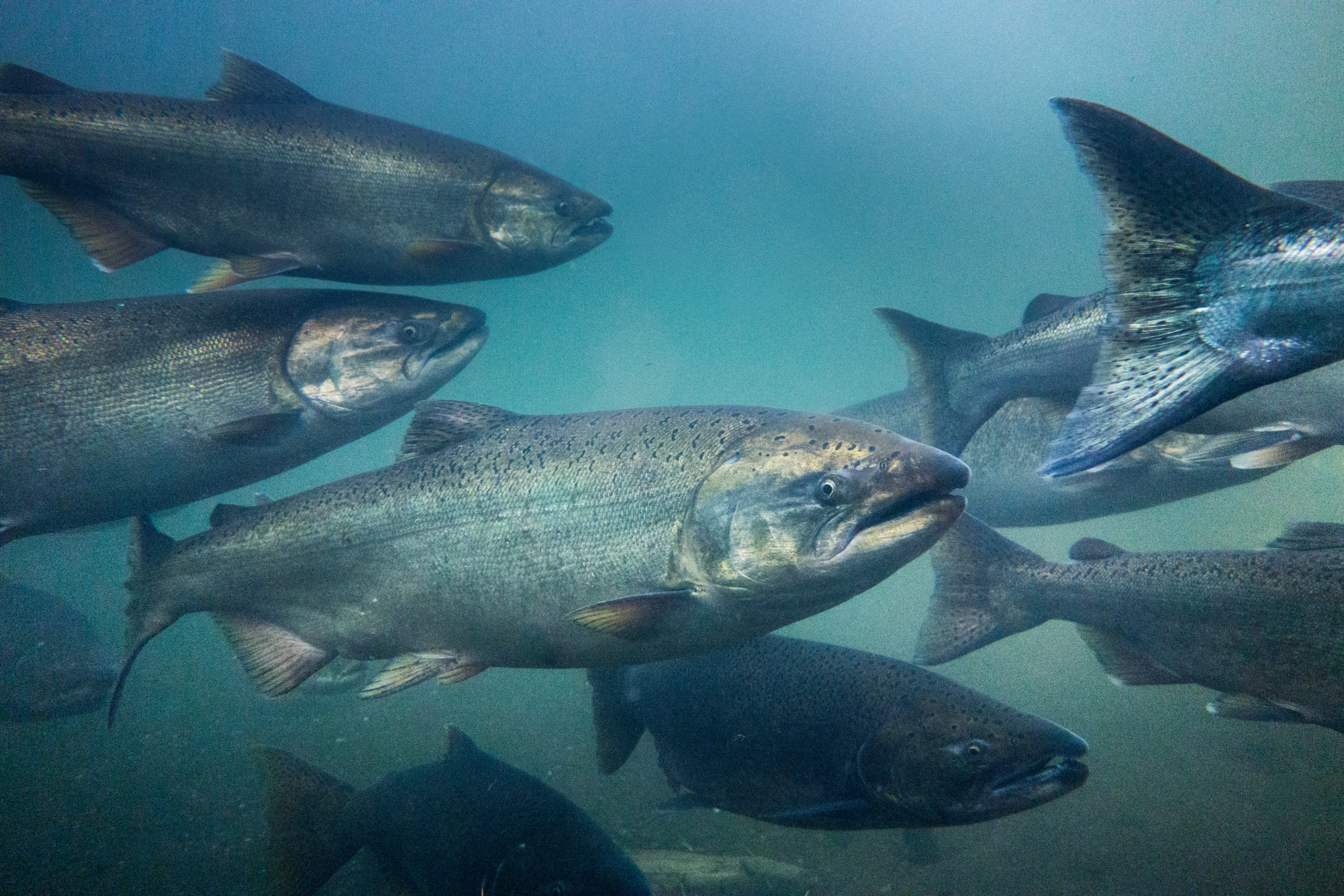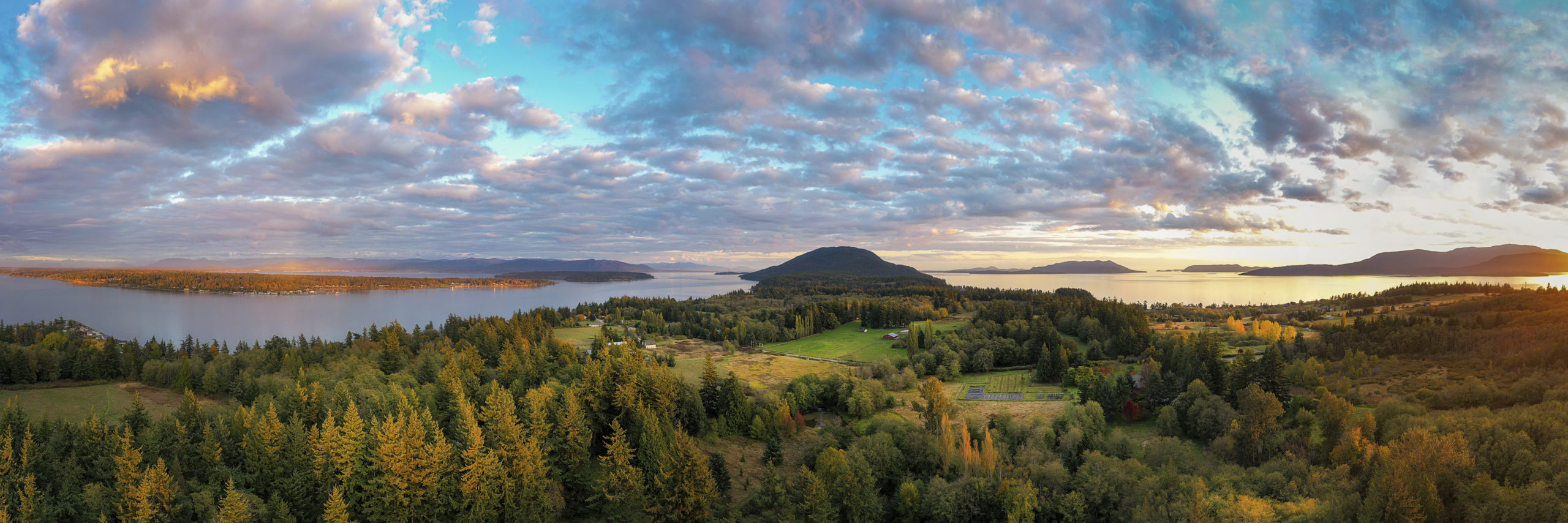Our Way of Life is Endangering the Salmon
To keep every cog and wheel,” Aldo Leopold wrote in Round River, “is the first precaution of intelligent tinkering.” Over the next year, the people of the Pacific Northwest have an opportunity to test that wisdom. On March 9, the National Marine Fisheries Service (NMFS) declared its intent to place several populations of chinook salmon on the endangered species list. Read More ›

